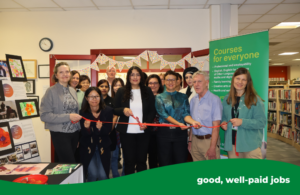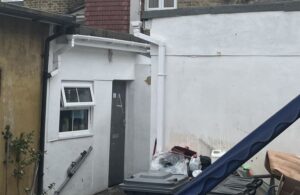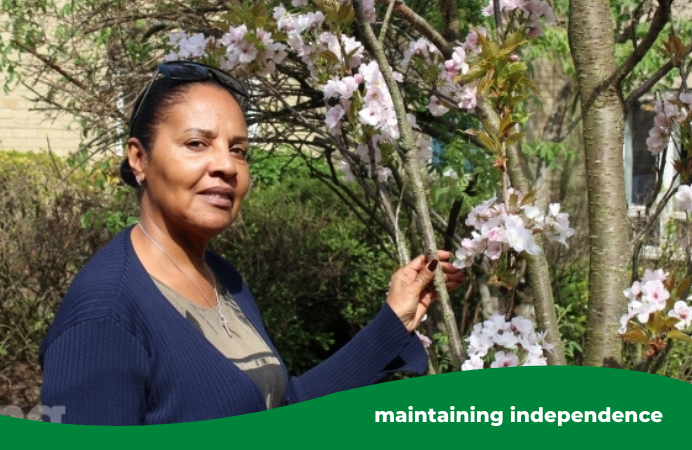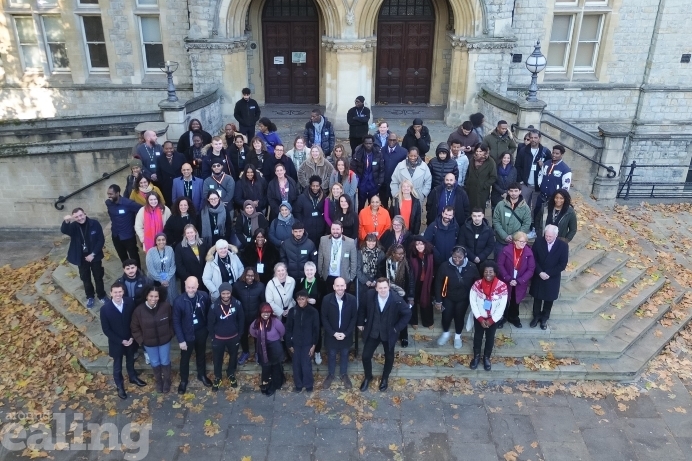Ealing Council’s recent Health of the Borough report was published to show how it is responding to the inequalities and barriers to healthcare that were exposed during the COVID-19 pandemic.
Councillor Josh Blacker, the council’s cabinet member for healthy lives, said: “These long-standing inequalities have, for too long, prevented too many residents from living lives that are as healthy as possible. These inequalities existed before the pandemic and will not disappear overnight.
“As a council, we are committed to being open, transparent and inclusive. That means being honest about the scale of the challenge we face, but also being transparent with our residents about our approach to meet it.
Building blocks of health
“Our health is dependent on the world around us – what we call the ‘building blocks’ of health. Those building blocks range from access to a good education, high-quality green spaces, safe and affordable housing, employment, social connections – all of which affect how well and long we live.
“To cement these ‘building blocks’ and secure lasting, progressive change, we are directly investing £100million over four years into our residents and communities. And we are inviting partners to do the same, whether that’s the NHS, housing associations, charities, or local businesses and the private sector.
“The Health of the Borough report shares the council’s achievements during 2022/23 in our bid to tackle inequalities. Fighting inequality is a key strategic objective under the Council Plan, and this report demonstrates how multiple council departments are working to support this objective.”
Health and wellbeing
Together in Ealing has been developed, a 5-year health and wellbeing plan, to reduce inequalities and improve the long-term health and wellbeing of all residents in the borough.
Ealing’s Community Champions programme started in autumn (link). Volunteers living or working in the borough are recruited, and trained, to have dialogue with their communities on what matters to them.
The oral health bus visited seven primary schools across the borough, providing free dental check-ups for 380 children.
Housing
The council extended and expanded its private rented property licensing schemes and established one of the largest property licensing areas in west London, bringing more than two thirds of the private rented sector in to the property licensing framework, the objectives of which include improving housing conditions and property management standards
Other initiatives taken to help residents avoid becoming, or remaining homeless, include:
- Negotiating with landlords or householders to see if homelessness can be prevented or delayed
- Considering financial help to tenants, in cases where this would help to persuade landlords to extend a tenancy
- Referrals to employment support, to help people overcome welfare benefit caps
- Referring cases to Safer Renting, for tenancy relations advice, when landlords are acting unlawfully
- Helping and supporting households to find new accommodation, when there is no prospect of them remaining in the current home
- Assessing whether we can offer financial help with rent deposits; referring customers to the Local Welfare Assistance team, where this is the appropriate way to get help with tenancy costs.
Employment
A range of bespoke services, for ages 16+, have been commissioned across the borough to ensure a wider reach and tackle inequalities in employment:
- Action West London (AWL) has been commissioned to work with Black men to tackle unemployment. AWL offers training and support with job applications and CVs
- Horizons Pathways programme has created a diverse range of over 30 placements within the council for care leavers
- The council offers digital skills training to support residents across the borough to overcome digital disadvantage, build independence and get into employment
- Launched 2 Learning zones to support and empower local digital engagement (available in Northolt and Southall libraries)
- Start-up School for Seniors to provide support and start-up training to residents over 50 years of age, enabling them to become self-employed.
Adult care
Adult social care supports more than 3,000 people to live independently in the community with support and during 2022/23, a range of resident and stakeholder engagement events were undertaken with a view to refining our understanding of local needs, user and carer experience, post COVID, to help us better shape the delivery of services.
The council also committed to paying the Real Living Wage for domiciliary care workers and an estimated 1,900+ care workers have benefited from the pay rise to £11.05 per hour which also supports ambitions for local employment and equalities given the profile of what is a predominantly female workforce.
Support for children and families
In May, the council declared that experience of care would be made a ‘protected characteristic’ throughout the council. This challenges not just the council but also organisations across the public sector to make sure that young people not only have their practical needs met, but also their emotional needs.
Free holiday activity and food programmes are run during school holidays which provide not just a wide range of activities but also a hot nutritious meal for every child attending.
Climate action
Healthy Homes Ealing provides a programme of affordable warmth and fuel poverty reduction, connecting low-income and vulnerable residents with energy efficiency specialists who help to ensure their homes are efficient as possible and they are on the best energy tariff.
Low carbon heating systems and renewable power is being delivered at four sheltered homes to tackle carbon emissions and protect against rising energy costs. They pilot innovative, renewable and affordable heat, deliver improved local air quality and support local community understanding of the transition to low-carbon economy.
Cost of Living
The council has information providing advice and support on its website, but some of the help already being provided has included:
- Providing laptops to unemployed and/or low income residents who are digitally excluded
- Free data via the community hubs for mobile devices
- Funding to voluntary sector organisations to help them support digitally excluded clients
- Warm spaces funding to support local organisations opening up spaces over the winter months
- Setting up four community hubs in Acton, Ealing, Northolt and Southall libraries providing residents with on-site support and advice.





